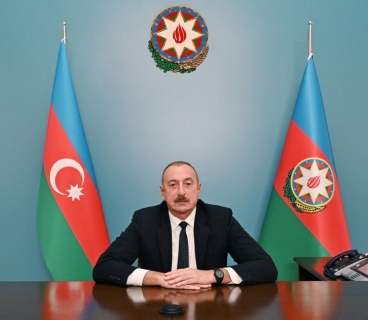Turkey’s gaming sector is rapidly expanding and transforming into one of the country’s strongest technology-driven export industries. According to a recent report by iGaming Today and IMARC Group, Turkey’s gaming market is projected to reach $3.33 billion in revenue in 2025, with an average annual growth rate of 7–8% expected to continue through the end of the decade. By 2029, the market is forecast to hit $4.48 billion, nearly doubling in size within five years.
Behind this growth is a new generation of young Turkish professionals in their 20s and 30s — designers, developers, and marketers — who have turned gaming from a niche hobby into a global export industry. Today, Istanbul has become a major hub for international developers, distributors, and investors.
Prominent Turkish gaming investor Akin Babayigit explains, “What cyber is to Israel, gaming is to Turkey.” A former executive at Facebook, Skype, and Activision Blizzard King, Babayigit was also part of Peak Games, which was acquired by Zynga in 2020 for $1.8 billion. He now leads Arcadia Gaming Partners, a $100 million fund investing in early-stage mobile gaming startups.
Babayigit says only four countries have truly “cracked the gaming code” — China, Turkey, Vietnam, and Israel — thanks to their strong tech education, youthful demographics, and business cultures that embrace experimentation. “But Turkey has one more advantage — it’s a nation of storytellers,” he adds. “We blend creativity with data-driven decision-making. It’s like Hollywood meets a hedge fund.”
The Turkish government has played a major role by recognizing gaming as a key export industry. Companies operating in government-backed tech zones receive tax incentives, marketing subsidies, and even partial refunds on Apple App Store and Google Play platform fees. The state also supports startups through rent discounts, salary support for new employees, and R&D funding.
According to Barak Rabinowitz, managing partner at F2 Venture Capital, this proactive approach has made Turkey a leader in digital innovation. “In Turkey, gaming is seen as a national growth engine. In Israel, it’s still viewed as a hobby,” he notes.
Rabinowitz and Babayigit are currently co-investing in several Israeli gaming technology startups, emphasizing that gaming is becoming a bridge for regional cooperation in digital innovation and AI.
Babayigit plans to invest in at least ten more Israeli startups by the end of the year. “I don’t focus on valuations — I focus on people,” he says. “There’s a new generation of developers and designers who already know what success looks like, and I want to be there when they build the next big thing.”







